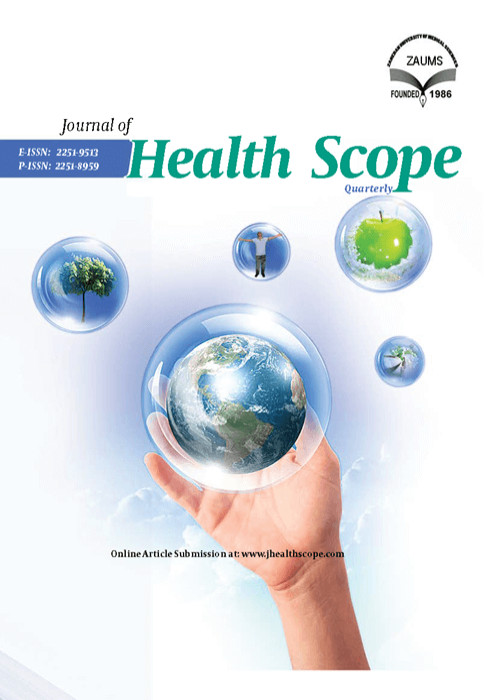Evaluating the Effects of Noise Pollution on the Levels of Blood Cortisol, Testosterone, and Thyroid in Male Wistar Rats
Noise pollution is a global problem causing changes in the secretion of various hormones and consequently affecting social well-being and quality of life in cities.
This study aimed to investigate the effect of noise pollution on the levels of testosterone, thyroid, and cortisol hormones in male rats.
In this experimental study, a total of 70 male Wistar rats (200 - 250 g) were randomly assigned into one control and six experimental groups, with 10 rats in each group. Experimental groups were exposed to noise with different intensity (dB) and time (min) as follows: (I) 60 dB, 30 min; (II) 60 dB, 60 min; (III) 85 dB, 30 min; (IV) 85 dB, 60 min; (V) 110 dB, 30 min; (VI) 110 dB, 60 min; (VII) controls. Animals in the experimental groups were exposed to noise in an acoustic chamber designed for this purpose for 50 days. The Noise.exe software was used to generate noise, and the sound level meter (model TES 1358) was used to determine the accuracy of the intensity and frequency of sound. To determine plasma levels of the hormones, appropriate research and commercial kits were used, which were based on the ELISA method. To determine the concentration of hormones other than TSH, human assay kits were used. All statistical tests were performed in SPSS software version 21.
Serum levels of cortisol in the 110-dB (30 and 60 min), 65-dB (60 min), and 85-dB (60 min) groups were significantly higher than the control group (P ≤ 0.05). Also, cortisol levels in the 65-dB and 85-dB (30 minutes) groups were higher than the control group; however, the increase was not significant (P > 0.05). The levels of T4, T3, and TSH in the 60-dB and 85-dB groups were significantly lower than in the control group (P ≤ 0.05). The serum levels of T4, T3, and TSH hormones in the 110-dB group were insignificantly lower than the control group (P > 0.05). The serum level of testosterone in the 110-dB group was significantly lower than the control group (P ≤ 0.05). The mean serum levels of testosterone in the 65-dB and 85-dB groups were insignificantly lower than the control group (P > 0.05).
Based on this study, exposure to noise pollution increased cortisol secretion and decreased T4, T3, TSH, and testosterone levels in rats. As this hormonal imbalance may create direct and indirect effects, studies and strategies are recommended to control the imbalance of hormones in the polluted environments.
Noise , Noise Pollution , Thyroid Hormones , Cortisol , Testosterone , Rats
- حق عضویت دریافتی صرف حمایت از نشریات عضو و نگهداری، تکمیل و توسعه مگیران میشود.
- پرداخت حق اشتراک و دانلود مقالات اجازه بازنشر آن در سایر رسانههای چاپی و دیجیتال را به کاربر نمیدهد.


